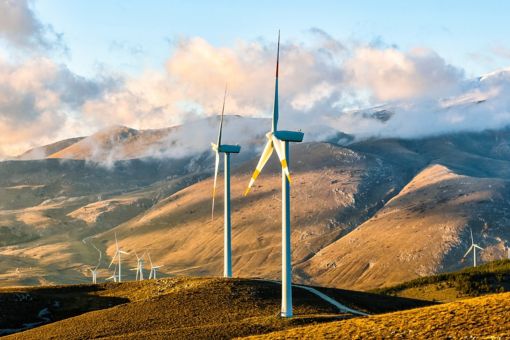Brussels, Belgium, 21 March 2024 - Amidst the current political discussions surrounding nuclear power, we studied the role that small modular reactors (SMRs) can play in Belgium’s future energy mix. Our analysis found that SMRs could potentially transform the Belgian landscape by addressing some of the toughest challenges of the 21st century: flexibility to accommodate intermittent production, a stable and reliable baseload profile, improved investment attractiveness and inherent safety.
- The shift towards a clean energy future and carbon neutrality is a crucial aspect of addressing climate change. Contemplating the closure of all nuclear power plants by 2025, except for Doel 4 and Tihange 3 as currently planned, Belgium is faced with the prospect of relying significantly on imports, unless it invests considerably in renewables and new nuclear capacity.
- The recent public debate on decarbonization has been mostly focused on electricity production. However, it is important to note that electricity only represents 20% of Belgium’s total energy mix. It is imperative to find solutions to decarbonize non-electrifiable, hard-to-abate sectors at an affordable cost for society.
- At COP28, more than twenty countries launched the Declaration to Triple Nuclear Energy by 2050. On 7 February 2024, the European Parliament reached an agreement designating nuclear power as a strategic technology for the EU's decarbonization efforts. This shows a clear belief in nuclear playing a key role in achieving climate ambitions.
Multiple benefits
In addition to producing low-carbon electricity, SMRs have the potential to produce high-temperature heat and green molecules and enable large-scale energy storage, meaning that they could play a role in decarbonizing non-electrifiable, hard-to-abate industrial processes. Their design is flexible and modular, and they could contribute to ensuring security of electricity supply and hold the capability to adjust power output as electricity demand fluctuates throughout the day. Lastly, the lower upfront costs and faster go-live (compared to larger reactors), scalability and flexible site selection (including remote or off-grid areas) all contribute to their financial attractiveness.
Increasing activity in the SMR market
Governments worldwide are taking measures to facilitate the development and deployment of SMRs. There are currently five SMRs in operation worldwide, with a further four under construction and around 65 at the design stage. Recent progress in licensing, financing and technological developments confirms that several commercial-grade SMRs are on track to be delivered between 2027 and 2029 in North America. In Europe, the European Commission aims to establish an industrial alliance to support the development of SMRs, to have the first reactor operational by 2030 in countries opting for this approach.
Developing effective supporting schemes will be crucial in ensuring the successful delivery of new nuclear capacity, as demand for nuclear energy increases. Financing SMR projects presents significant challenges that must be overcome, including project development financing, funding mechanisms, and project delivery financing. Private sector involvement in the development of SMR projects remains a constraint, and demonstration projects need to be driven forward to facilitate the deployment of SMRs.
Governments have an important role to play in the further development of SMRs. They should consider the implementation of regulatory frameworks that are necessary to de-risk critical phases of the project lifecycle, and appropriately remunerate private sector project developers for the risk they take.
Magali Vercammen, Energy Lead at KPMG in Belgium:
“As the energy landscape in Belgium continues to evolve, it's more important than ever to explore innovative solutions to the challenges we face in meeting our decarbonization goals and providing reliable, affordable energy to the country. Small modular reactors could have the potential to meet these challenges and we want to open the discussion with industrial leaders, nuclear experts, governments, and other parties to explore the many opportunities and possibilities presented by this exciting technology.”
As the country heads towards energy transition, a collaborative effort is required of governments, the energy sector, industries, and individuals. With our report, we aim to open the dialogue with all relevant parties to explore the new solutions and make informed decisions that shape the future and achieve a clean energy transition.
KPMG in Belgium and our international network holds the expertise to help create a regulatory framework, and to support organizations with structuring related projects.
About KPMG in Belgium
With 2000 employees across the country, KPMG in Belgium offers your company personalized and multidisciplinary support in audit, accountancy, tax and legal advice. We also support a wide range of management services: from operational efficiency and cost management, to digital transformations, risk management and deal advice. Our local consultants will support you thanks to their knowledge and through the use of innovative tools to help you face each of your challenges.
Press contacts
Explore
Connect with us
- Find office locations kpmg.findOfficeLocations
- kpmg.emailUs
- Social media @ KPMG kpmg.socialMedia





